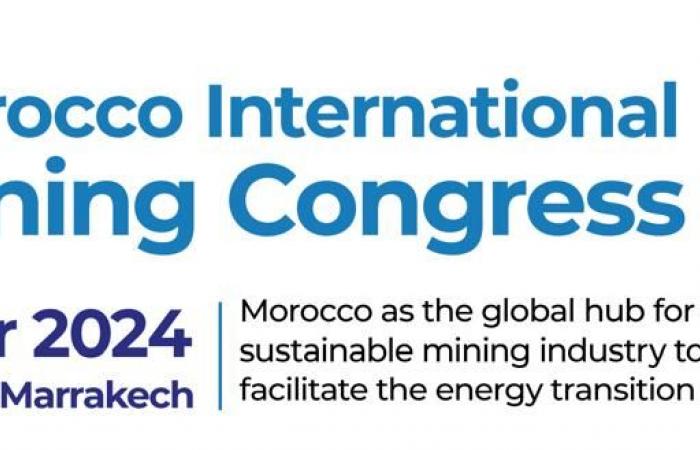
Morocco is an example to follow for the countries of the South of the Mediterranean in terms of climate adaptation, said Mohamed Abdel Monem, member of the Mediterranean network of experts in climate and environmental change (MedECC).
“Morocco is a pioneer and serves as a good example to southern Mediterranean countries in terms of climate adaptation, particularly in the field of clean energy and the optimal use of water,” declared Mr. Abdel Monem to the MAP on the sidelines of its participation in COP29.
The Kingdom “sometimes goes through difficult climatic conditions, which it knows how to cope with,” said this expert on the Kingdom, having worked with the United States Agency for International Development (USAID) in Morocco from 1986 to 1990.
Morocco, whose climate actions are “laudable”, serves as an example to other countries, he insisted, at the end of the conference presenting the MedECC report on the “interconnection between change climate and water, energy, food and ecosystems: nexus in the Mediterranean basin”.
“Climate change has largely impacted energy, water, food and ecosystems in the Mediterranean basin, especially southern and North Africa,” noted the independent consultant, noting that “the volume of precipitation has declined significantly, the duration of droughts has become longer in the Maghreb region, heat levels have increased significantly in Egypt and sea levels have risen in certain coastal areas such as those of the Nile Delta in Egypt.
Read also|Fight against climate change: Morocco’s commitment underlined in Geneva
All these factors have led to “significant” changes in diet, agricultural harvests, livestock production and the daily lives of people in the Mediterranean region, he explained.
It has become necessary, according to him, to make interventions which will take into consideration the interconnections between the four elements mentioned in the report, namely water, energy, food and ecosystems.
In this regard, he called for a “solid partnership” between civil society, the private sector and governments, as well as consultation between scientists and decision-makers, believing that the results of research carried out in laboratories must be applied on a large scale if they serve this subject.
Mr. Abdel Monem, who was Senior Advisor on behalf of the FAO regional office from 2016 to 2023, also recommended carrying out environmental impact studies of projects before their implementation.
The 29th session of the Conference of the Parties to the United Nations Framework Convention on Climate Change (11-22 November) focuses primarily on climate financing, given the need to enable all countries to reduce greenhouse gas emissions and protect lives and livelihoods from the worsening effects of climate change, particularly for vulnerable communities.
IDM with MAP










